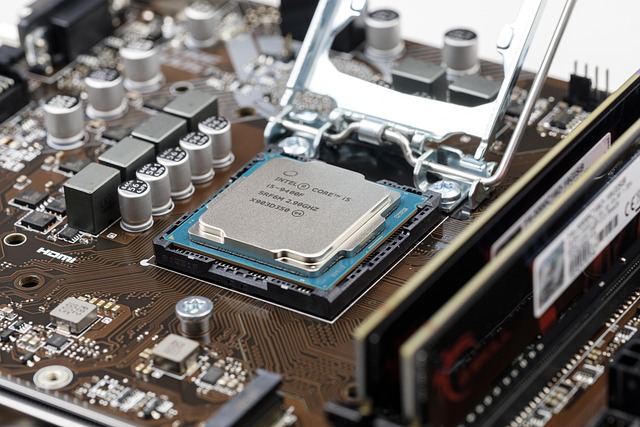
Benchmarks Cpu
Understanding CPU Benchmarks
In the world of computing, the phrase "CPU benchmarks" can sound like a secret code only understood by tech wizards. But fear not, for this article is here to unravel the mysteries of processor performance in a way that even your grandma could understand (assuming she’s not busy playing Candy Crush).
Benchmarks are essentially tests that measure the performance of a CPU under various conditions. Think of it as a fitness test for your processor, where it lifts weights, runs marathons, and occasionally trips over its own feet. The results help users compare different CPUs from brands like Intel, AMD, and Apple, among others.
Why Are Benchmarks Important?
Benchmarks serve a crucial role in the tech ecosystem. They help consumers make informed decisions when purchasing a new computer or upgrading their existing one. Imagine going to a car dealership and not knowing which model has better mileage or horsepower. You’d likely end up with a lemon, or worse, a minivan when you really wanted a sports car!
Similarly, CPU benchmarks provide a comparative analysis. They take into account various factors, such as:
- Operating System: Different CPUs can perform differently on Windows, Linux, or macOS.
- Overclocking: Some users like to push their CPUs to the limit, which can skew benchmark results.
- Usage Scenario: Benchmarks can vary based on whether the CPU is being tested for gaming, video editing, or just browsing cat videos.
Types of CPUs and Benchmarking
When it comes to CPU types, there’s a whole buffet of options. You have your desktop CPUs like the Intel Core series and AMD Ryzen, server CPUs like Intel Xeon and AMD EPYC, and mobile CPUs like Apple’s M1 and Qualcomm Snapdragon. Each has its own set of benchmarks tailored to its intended use.
For instance, a CPU designed for a server might excel in multi-threaded tasks, while a desktop CPU may shine in single-threaded performance. It’s like comparing apples to oranges, or in this case, apples to high-performance oranges. 🍊
How Are Benchmarks Conducted?
Benchmarks are typically gathered from a combination of user submissions and internal tests conducted by organizations like PassMark Software. They compile these results to create comprehensive charts that can help you make sense of the numbers. Think of it as a report card for your CPU—except this one doesn’t come with a side of guilt from your parents.
Users submit their own benchmark results, which are then checked against thousands of individual ratings to ensure accuracy. This way, you’re not just relying on a single test that could be as reliable as a weather forecast in April.
Using Benchmarks to Choose Your CPU
When looking at benchmarks, it’s essential to consider what you’ll be using your CPU for. Are you a gamer who needs high frame rates? Or perhaps a content creator requiring quick rendering times? Knowing your needs will help you choose the right CPU without ending up with a processor that’s overkill (or underwhelming).
In conclusion, CPU benchmarks are a valuable tool for anyone looking to navigate the sometimes murky waters of computer hardware. With a bit of research, you can find the right processor that meets your needs and maybe even impress your friends with your newfound tech-savvy knowledge. Just don’t forget to remind them that not all heroes wear capes; some just have really good CPUs. 💻

















 Directv Stream
Directv Stream 
 Health
Health  Fitness
Fitness  Lifestyle
Lifestyle  Tech
Tech  Travel
Travel  Food
Food  Education
Education  Parenting
Parenting  Career & Work
Career & Work  Hobbies
Hobbies  Wellness
Wellness  Beauty
Beauty  Cars
Cars  Art
Art  Science
Science  Culture
Culture  Books
Books  Music
Music  Movies
Movies  Gaming
Gaming  Sports
Sports  Nature
Nature  Home & Garden
Home & Garden  Business & Finance
Business & Finance  Relationships
Relationships  Pets
Pets  Shopping
Shopping  Mindset & Inspiration
Mindset & Inspiration  Environment
Environment  Gadgets
Gadgets  Politics
Politics 